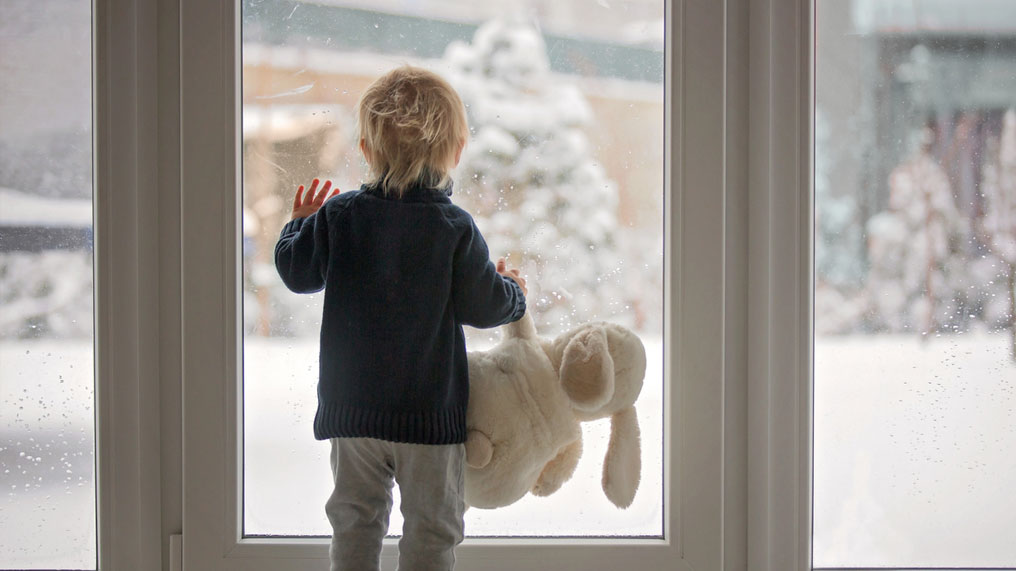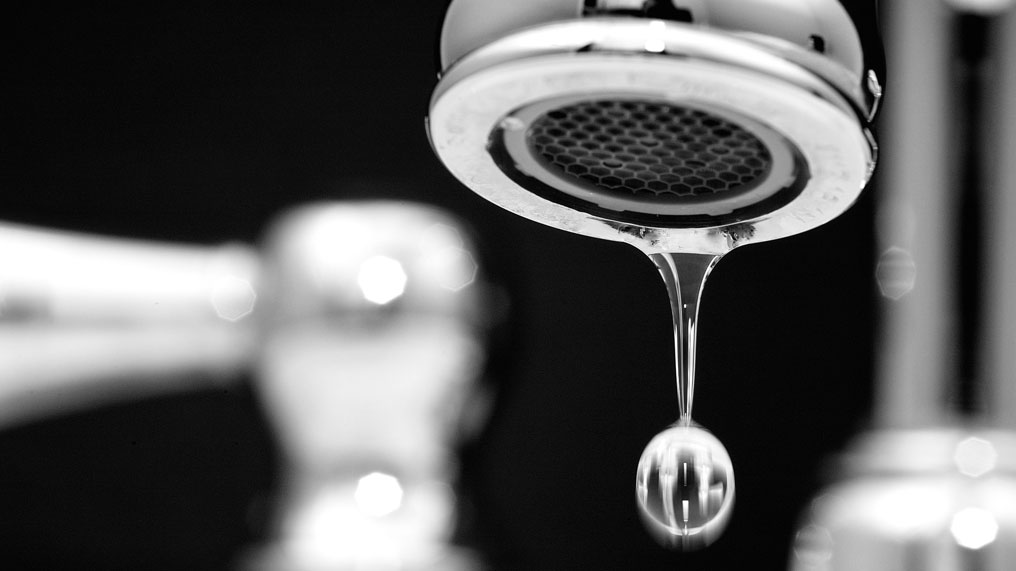Burst pipes, malfunctioning boilers, flooding and storm damage are just some of the potential problems for homeowners and landlords during the autumn and winter months.
But with preparation and planning you can reduce the chances of having a property disaster when temperatures drop.
Lag pipes and cold water tanks
Rapid freezing and thawing can lead to burst pipes – and massive damage. The best way to stop this from happening is to keep your pipes warm by lagging them, which means fitting a special type of foam insulation around them. The foam will reduce heat loss and stop the pipes from freezing.
Make sure you also insulate any pipes and cold water tanks in the loft too. You can buy specialist insulating jackets for water tanks. Open the loft door on cold days to let in warmer air from the rest of the house and leave kitchen cupboards and bathroom doors open too so warmer air can reach hidden pipes.
Replace washers
Make sure any worn-out washers on dripping taps are replaced as soon as possible. Washers are very cheap to buy and this quick remedy will help prevent pipes getting blocked if your taps freeze.
Get your boiler serviced
Arrange for a Gas Safe registered engineer to service your boiler and ensure it’s both safe and working efficiently. While they’re at it you can get them to give you tips on how to fix minor issues, such as a drop in pressure that could cause your heating to fail.
Legally, landlords need to arrange a boiler service every year or risk a massive fine. Owner-occupiers aren’t obliged to have an annual boiler service but it’s still a good idea as it can prevent problems from occurring.
Get insured
Whether you’re an owner-occupier or landlord, make sure you have the best insurance for your circumstances.
Landlords need specialist landlord insurance to cover rented properties, while homeowners will need both buildings and contents home insurance (the former may be included in your service charge if you own a flat).
If your home is at risk of flooding, read our advice on how to minimise flood damage.
Bleed the radiators
If your radiators are colder at the top than they are at the bottom, then they have air trapped inside them that’s stopping the heat from circulating properly. Bleed your radiators with a radiator key; this releases the air and allows the radiator to run more efficiently.
Keep things safe and warm
Whatever type of fire you have, it’s important to make sure it’s all in perfect working order before using it and that you have a carbon monoxide detector in place.
If you have a solid fuel fire, have the chimney swept professionally to decrease the risk of chimney fires. Depending on which kind of solid fuel you use, this may need to be done a few times a year. And if you’re using gas, make sure that your appliance is fully serviced.
Locate your stopcock and gas supply
It’s important to be able to turn off utilities in the event of an emergency. Make sure you know where your mains water stopcock is and how to turn it off. To find out more see our article about stopcocks.
You'll also want to know how to turn off the gas supply to your property. This will usually be under the stairs or the kitchen sink, or in the garage. Just give the handle a quarter turn so that the lever is at 90 degrees to the upright gas pipe.
Take care of repairs
Completing basic maintenance will mean there’s less chance of a small issue turning into a big disaster during a cold or stormy spell. Make good any defects to fences, gates, roof tiles, sheds and outbuildings before the weather gets too cold. Make sure your gutters are clear from leaves and other gunk so they don’t get blocked – blockages can lead to leaks and gutters breaking.
Speak to your tenants
Landlords should make sure tenants are aware of what could go wrong in winter, especially as it’s likely they haven’t owned their own home before. Have a chat with them about their responsibilities and who to call if things go wrong. They’ll be the first to spot if something’s amiss, so they need to know what to look out for.
They should also know where the stopcock is and how to turn it off, how to adequately ventilate a property, who to call if the boiler breaks down, and how to prevent pipes from freezing.
Basic maintenance will mean there’s less chance of a small issue turning into a big disaster in the winter
Empty properties
If you’re leaving either your own home empty or you have a rental property with a void period, be prepared.
Contact your insurer if you’re leaving your property empty for a significant amount of time to understand how it could affect your cover and to get tips and advice.
Ask a neighbour to check for burst pipes or floods at your own home and regularly check unlet rental properties.
Keep the central heating on at a minimum of 15C (or 59F) if there’s a possibility of outside temperatures dropping below freezing.
Be ready for emergencies
Put together a survival kit for emergencies. Include a torch, candles and matches for power cuts. Consider buying a small electric heater, in case your central heating breaks down.
If it snows, you might need a supply of food if you're far away from shops, plus keep some grit for paths and driveways.
If you’re using your car in the cold, check out our top 5 winter car tips.




